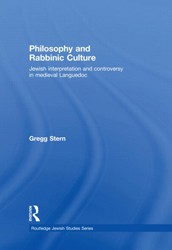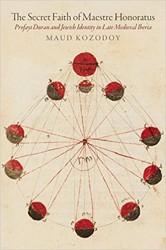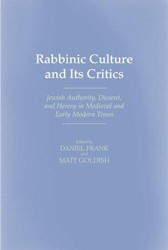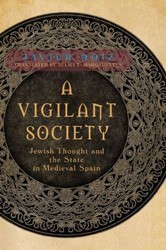By
– November 1, 2011
This ambitious book strives to tell the story of rabbinic culture from the end of the Talmudic period up to the beginning of modernity, from Babylonia to Germany, through the prism of one issue: textualization. Much recent scholarship has been informed by the realization that the Talmud did not always exist in written form, and in fact was probably preserved for hundreds of years by sages who committed the entire corpus to memory. Talya Fishman explains that it is not simply a question of whether the Talmud was written (or, to use her term, inscribed), but rather of the larger cultural significance that was given to the Talmud in its written form. Is Talmud, and by extension all of Jewish law, found within books, or is it determined by complex interactions between written sources, traditions, local customs, and more? Fishman’s sweep of rabbinic history is based upon several generations of Israeli scholarship, much of which has never appeared in English. Presenting that Hebrew scholarship to an Anglophonic audience and bringing it into dialogue with wider historiographic debates is a major service that makes Becoming the People of the Talmud a vital addition to any Jewish studies library in America.
Pinchas Roth (PR) is a post-doctoral fellow at Ben Gurion University of the Negev.





